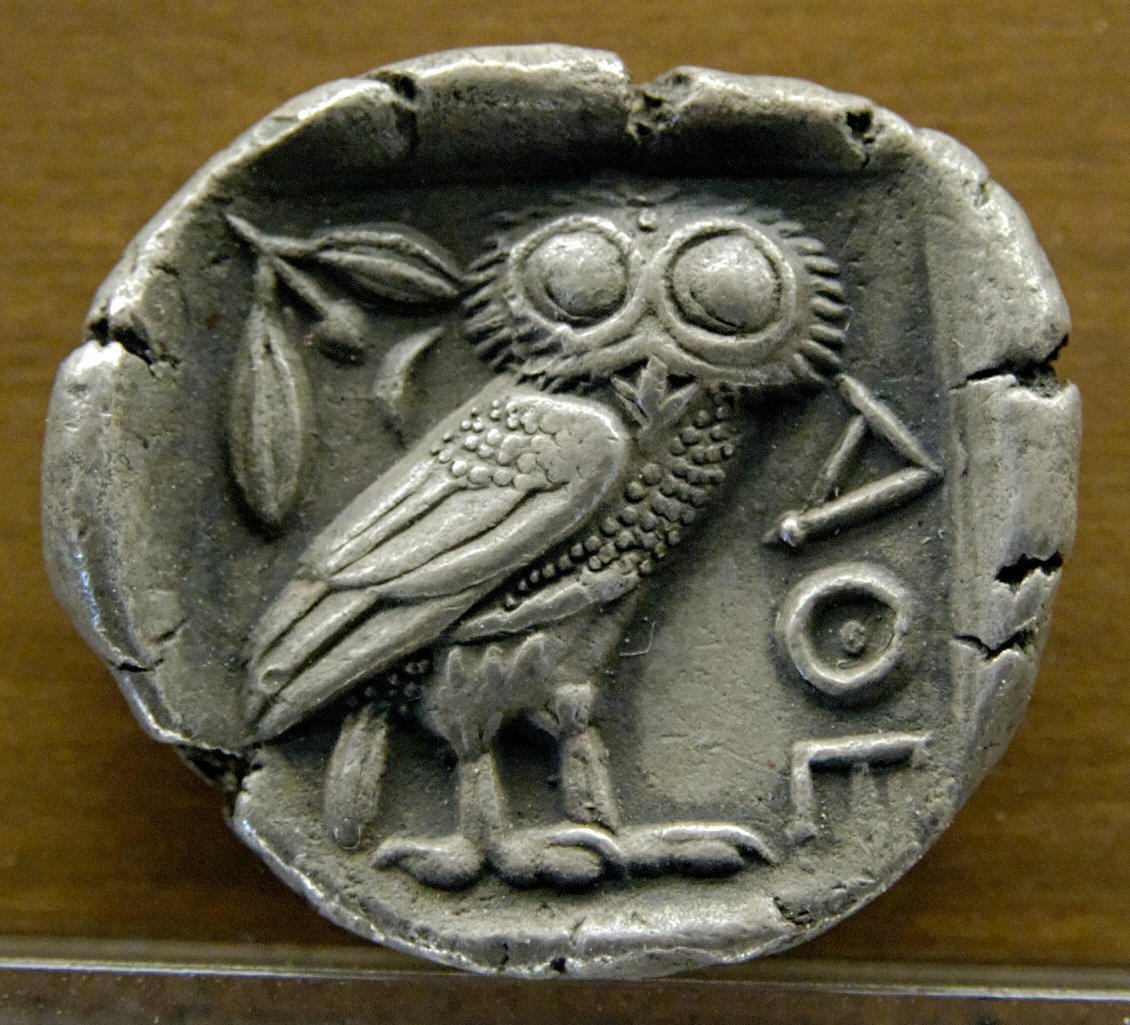
Glaucus – Part 1
Being a product of the traditions and mentality of Glaucus, it should be of no surprise to anyone that I find its history fascinating. While today Minerva has three Branches, Glaucus is, in essence, a continuation of the original Foundation. As an organization it holds to the ideals and principles espoused by the Founders, always seeking to further the scientific and technological knowledge of the human race, without regards to politics. While the reality of this post-War world requires a military and political presence, Glaucus continues to conduct as pure of research as possible.
Before 2050, Glaucus as an organization did not exist. They were simply Minerva. Aegis and Oculus, only about decade old each, where seen as subsidiary groups to research interests of Minerva. It wasn’t until the Mid-Century Council took place that the term Glaucus was introduced to refer to Minerva’s scientists, and the power structure of Minerva was completely remade.
I will cover the M.C.C. at a later time. Suffice it to say for now that while the control of the Regents was abolished, the newly established Glaucus continued to conduct research as it always had. They even continued to exert a disproportionate amount of influence over Minerva’s actions (at least according to internal Oculus reports from the time).
The following is an excerpt from a speech by Jacques Guillory, after accepting the appointment as the first Dean of Glaucus:
I am honored by the trust you have given me at this time. I know that many of you are frustrated, even angry, with how the recent Council resolved. I want to publicly promise, before all of you at this time, that I will work tirelessly to promote the Founders’ ideals of freedom, peace and knowledge. I will work with President Rockefeller and General Burakgazi to ensure that Minerva continues on the proper path, bettering the world one day at a time.
In the following years Guillory and his successors kept their promises, at times even having to stymie attempts made by Oculus – and less frequently, Aegis – to overstep their authority or change Minerva’s course. While the majority of Glaucus’ members despise such politicking, it has unfortunately become more and more necessary in recent decades.